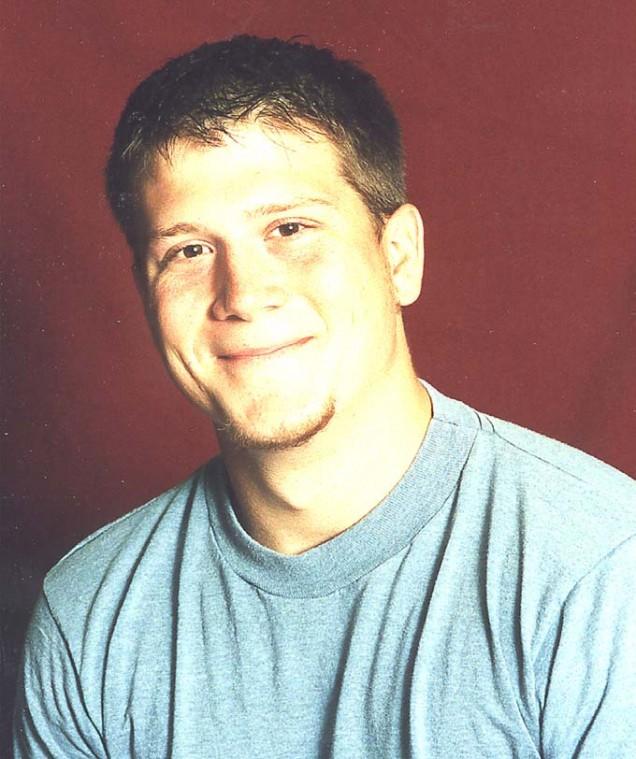Simpson Students, too face altered world
September 12, 2002
In places like New York City and Washington, D.C., thousands upon thousands of people crowd the streets. The masses swell in numbers, peppered with reporters and cameramen taking in the vigils from every possible angle.
The reporting on the anniversary of 9/11 almost surpasses the amount of coverage one-year earlier. Meanwhile, at a small liberal arts college in the Midwest, the students of Simpson College grieve.
The connections between our little college and the two cities involved with the terrorism of a year ago are few and strained.
“My brother knows a guy who was on the third floor…”
“My mom’s college roommate was supposed to fly out of Boston that morning…”
“My family usually eats at the restaurant right across the street from…”
Still, does this mean we have any less of a union with those who felt the earth move that Tuesday morning? We may live relatively sheltered lives, but our eyes were wide open when the course of human history shifted dramatically from one day, even one hour, to the next.
The World Trade Center took six years and eight months to build, but only one hour and 42 minutes to destroy. Everyone on campus recalls where he or she was when he or she heard that a plane had flown into one of the towers.
“I stopped by my friend’s house on the way to class…”
“My brother called me that morning and told me…”
“When I woke up, it was all over the news…”
One year later we remember the nightly news reports – a constant reminder that we are not out of this yet. As our troops push further into Afghanistan, as our intelligence agencies crack down even harder on possible terrorist activity here in the United States, and as our president moves toward another front in Iraq, most would assume that we at Simpson College are simply standing on the sidelines. Quite the contrary, our student body and faculty have done much to alleviate our greatest enemy: ignorance.
The week of the attacks saw the faculty hold a round table forum on the Middle East and the current geopolitical melting pot that could provoke a group to pursue terrorism as a form of action. Professors used class time to discuss what the United States was doing in response to the incidents and why. Where sports and parties once dominated discussions, students were now talking about civil liberties and legislation.
At a time when it seemed all too easy to point the finger at one man and condemn him as the reason for the violence, our college pushed its students to dig deeper, to look past the argument of “good vs. evil” and consider the big picture.
Things like this might not have happened at a larger university where students go to classes in droves. The personal relationships developed at Simpson between student and professor, between student and student, have built a foundation where we are able to not only cry on one another’s’ shoulders but also gain wisdom from a multitude of experiences and viewpoints.













